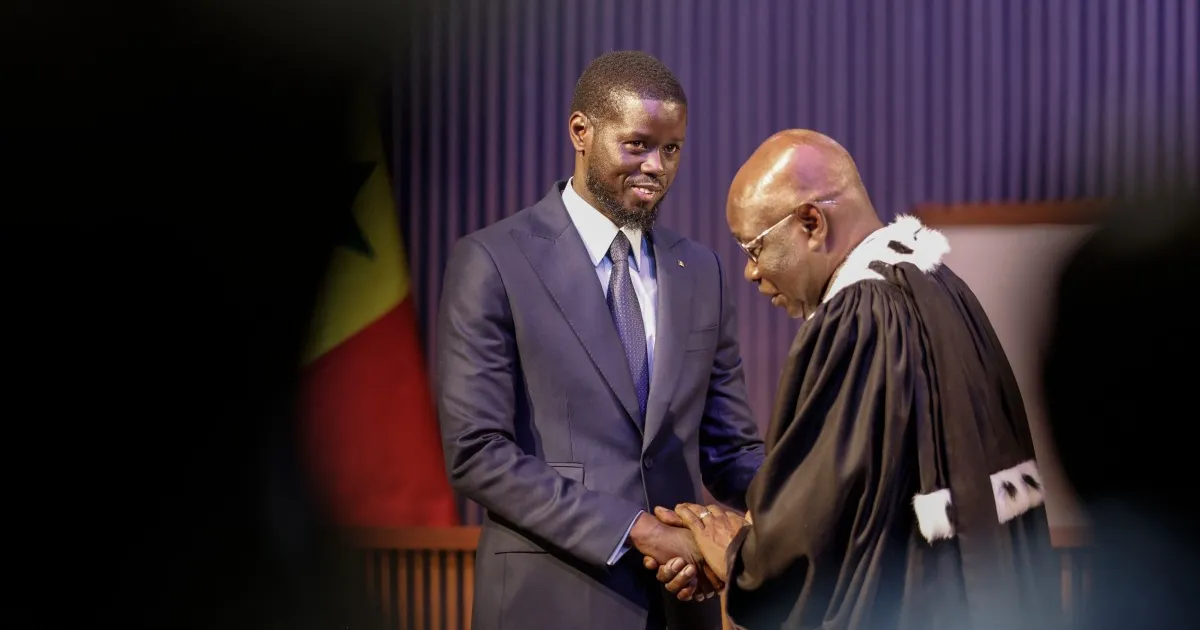
Land disputes have long simmered across Senegal, but in recent years they have escalated dramatically, fueled by rapid urbanization, industrial interests, and opaque administrative decisions.
What was once confined to village rivalries or registration errors now threatens entire communities — even those with deep political significance. In Ndiaganiao, the birthplace of President Macky Sall, this tension has reached a boiling point.
Located near the capital in the Mbour department, Ndiaganiao is more than a village; it is a symbol of political stability and presidential heritage. The president often returns here to cast his vote and connect with his roots. Yet today, this emblematic locality stands on the brink of upheaval over a fierce land dispute that transcends mere hectares.
The nearby village of Soussoum, administratively part of Ndiaganiao, has erupted in protest after two companies, Transfavo and Elikane, were granted mineral exploitation concessions covering 40 and 43 hectares respectively. Issued in 2023 under former Minister of Mines Omar Sarr, these permits sparked outrage among local residents who say the approvals were handed down without genuine consultation, reflecting imbalanced local power dynamics.
Tensions have escalated beyond protests. Over recent days, 24 people from neighboring villages were arrested in what relatives describe as heavy-handed raids carried out in their homes. The involvement of prominent lawyers, Boucounta Diallo and Faty, to defend the detainees underscores the gravity of the situation and the deepening indignation within the community.
Soussoum’s plight is far from isolated. Across Senegal, a troubling pattern emerges: companies secure operating permits often overriding ancestral customs and sidelining affected communities. The arrival of industrial machinery on cultivated or inhabited land triggers immediate backlash, sometimes violent. Legal recourse remains inaccessible for many due to costs and delays. Meanwhile, protests are frequently met with force, igniting cycles of confrontation.
As Ndiaganiao grapples with this crisis at the heart of President Faye’s political landscape, the broader question looms: how will Senegal reconcile its push for economic development with respect for local rights and traditions? The answer may well determine the country’s social and political stability in the years ahead.



